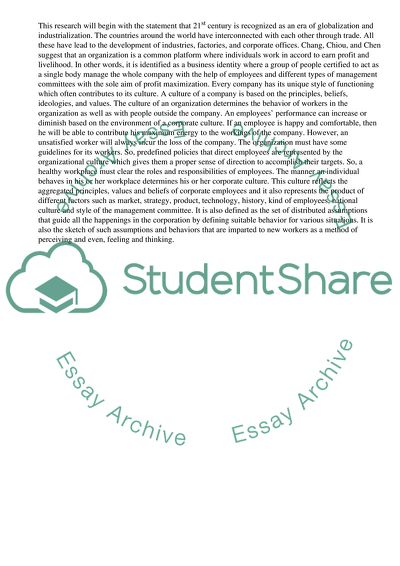Cite this document
(“The Impact and Implications of Corporate Culture Research Paper”, n.d.)
The Impact and Implications of Corporate Culture Research Paper. Retrieved from https://studentshare.org/business/1695776-the-corporate-culture-impact-and-implications-ethics
The Impact and Implications of Corporate Culture Research Paper. Retrieved from https://studentshare.org/business/1695776-the-corporate-culture-impact-and-implications-ethics
(The Impact and Implications of Corporate Culture Research Paper)
The Impact and Implications of Corporate Culture Research Paper. https://studentshare.org/business/1695776-the-corporate-culture-impact-and-implications-ethics.
The Impact and Implications of Corporate Culture Research Paper. https://studentshare.org/business/1695776-the-corporate-culture-impact-and-implications-ethics.
“The Impact and Implications of Corporate Culture Research Paper”, n.d. https://studentshare.org/business/1695776-the-corporate-culture-impact-and-implications-ethics.


